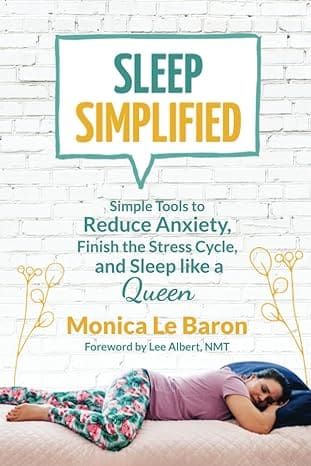Definition
The sleep-wake cycle refers to the natural, 24-hour rhythm of sleep and wakefulness dictated by the body’s internal biological clock.
Expanded Explanation
This cycle, also known as the circadian rhythm, controls when we feel alert and when we feel sleepy. It’s influenced by both genetic and environmental factors, such as light exposure. By maintaining this cycle, our bodies can optimize rest and activity.
Importance
Understanding the sleep-wake cycle is vital to overall health and well being. It influences our mental alertness, physical energy, and even the body’s ability to repair and rejuvenate itself.
Context and Usage
In sleep science and medicine, practitioners often use the term “sleep-wake cycle.” It’s also relevant in discussions about jet lag, shift work, and sleep disorders like insomnia.
Examples
- Example 1: Frequent travellers may experience disruptions to their circadian rhythm, leading to jet lag.
- Example 2: Night shift workers may have to consciously adjust their sleep cycle to accommodate their work hours.
Understanding Sleep-wake cycle
A common misconception is that everyone’s circadian rhythm is identical. In reality, factors such as age, lifestyle, and health can influence the variation of the sleep-wake cycle between individuals.
Related Glossary Terms
- Circadian rhythm: This is essentially another term for the sleep-wake cycle. It refers to the body’s internal clock that regulates sleep and wakefulness.
- Melatonin: This hormone plays a crucial role in regulating the sleep-wake cycle. It’s produced in response to darkness and signals the body to prepare for sleep.
Visual and Reading Aids
External Resources
- Sleep Foundation provides a comprehensive discussion on the sleep-wake cycle and its impact on health.
- National Institute of General Medical Sciences offers in-depth information about circadian rhythms, including factors that influence them and their role in health and disease.
Related Articles
- Polysomnographie: Your Ultimate Guide to Achieving Restful Sleep is a comprehensive guide that explores the science behind polysomnography, its role in diagnosing sleep disorders, and its impact on the sleep-wake cycle for achieving restful sleep.
- How To Get Improved Sleep Quality: 10 Evidence-Based Strategies: This blog post offers ten strategies for better sleep. It advocates for consistent sleep schedules and a tranquil sleep environment. It also addresses dietary impact, exercise, and tech use on sleep. Lastly, it explores natural sleep aids, nap control, and when to seek professional help.

